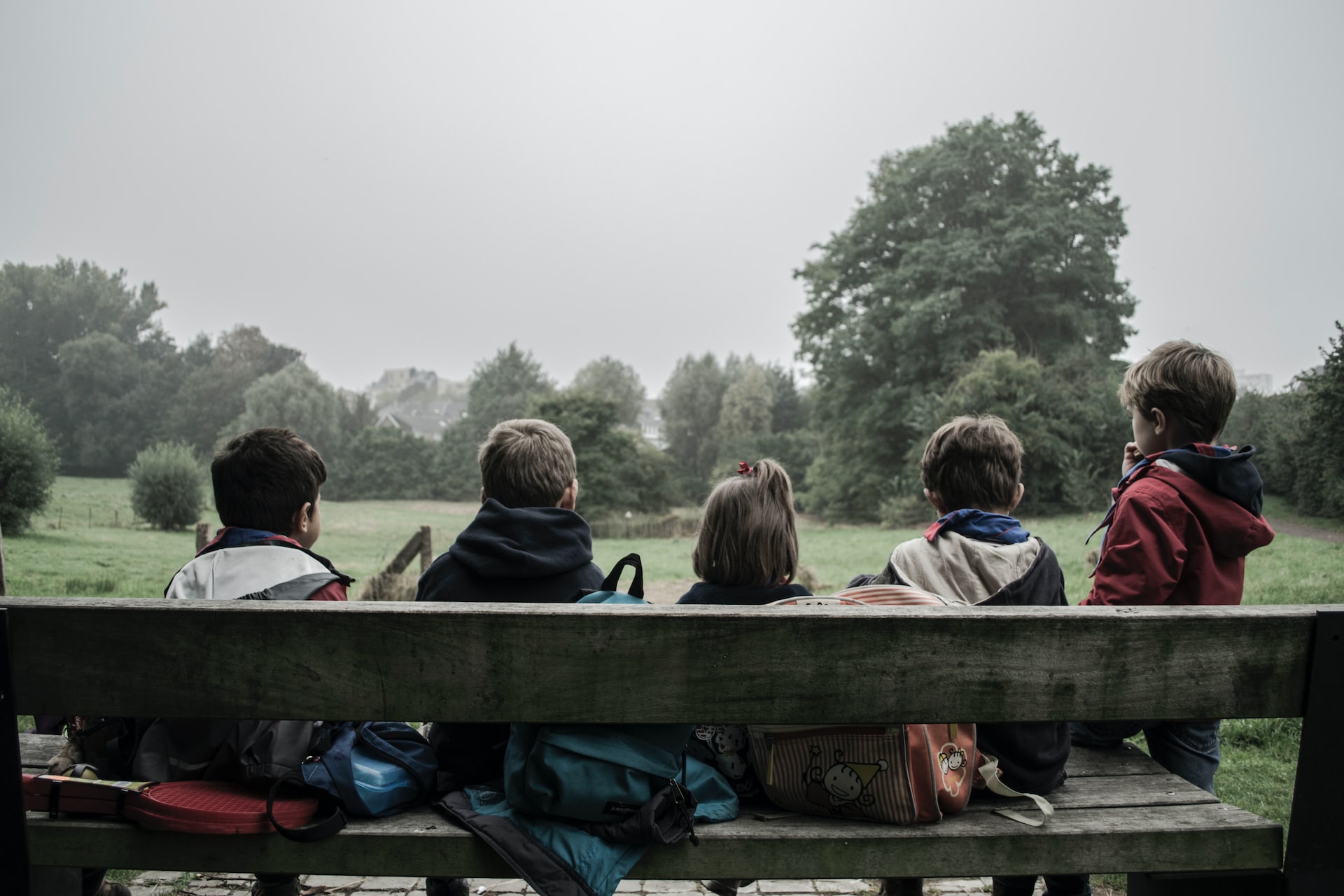By Ashley Barnes
The Current State of Children’s Mental Health.
So many of us understand the deep emotional and mental toll that the pandemic and current events have created. Perhaps one of the hardest hit populations are children. Imagine moving through one of the most important periods of life where one’s social and emotional skills are critically important, where the brain is particularly malleable, only to be robbed of this crucial, enriching experience. We are merely starting to uncover the ways in which the pandemic (amongst other world events) have impacted children’s mental health.
Even before the pandemic, children’s mental health struggled:
- According to state data, Suicide rates among Black youth doubled between 2014 and 2020.
- Incidents of youth deliberately causing self-harm increased 50 percent in California between 2009 and 2018, the state auditor reported.
- According to a CalMatters analysis of state data, between 2019 and 2020, opioid-related overdoses among 15- to 19-year-olds in the state nearly tripled (Wiener, 2022).
Related Current Events.
In recognition of the skyrocketing rates of anxiety and depression, national leaders such as the U.S. Surgeon General have provided urgent public health advisories. In school settings, therapists face long waiting lists of children struggling with mental health problems; in emergency rooms, doctors are stunned by the amount of children rushed to hospitals due to self-harm and suicide attempts. Further, California faces a shortage of mental health providers.
According to a Cal Matters article, “Last year, Newsom’s administration allocated $4.4 billion in one-time funds to create a statewide Children and Youth Behavioral Health Initiative. The proposed sweeping transformation of the children’s mental health system will be funded by a sum many describe as “unprecedented.” The bulk of the money has yet to be distributed, but efforts to develop a vision and work with stakeholders are underway” (Wiener, 2022).
How to help.
Support systems are crucial to the wellbeing of our youth, particularly during challenging times like the pandemic. Involving and strengthening a support system of teachers, therapists, coaches, friends, and family members can bolster a child’s support network in a way that accommodates for and works with their needs. For many children, enriching after-school programs can be helpful in building these connections and connecting children with ways to explore their interests. Further, good relationships with parents or caregivers are one of the strongest protective factors against mental health disorders.
Structure can be helpful for children as it can be helpful for us at any age. This could look like boundaries on how to treat others and ourselves, good sleep hygiene, and a daily routine as best as can be kept up with.
Seeking support from a sensitive, caring mental health professional can be life changing for children who are moving through mental health challenges. Child and adolescent psychiatrists can evaluate children, identify presenting problems and diagnoses, develop a treatment plan, and prescribe medication to help manage their symptoms. Child psychotherapists can support children in developmentally appropriate ways such as helping emotional expression through play therapy or talk therapy. Additionally, it is important that parents or caretakers be involved in the treatment process for the best outcomes.
If you seek support from a mental health professional, please contact us at the Mental Health Center for sensitive, attentive care.
- 988 Suicide and Crisis Lifeline – the official website with chat and additional resources.
- Mental Health America – provides educational content related to children’s mental health as well as a multitude of resources for parents to refer to.
Reference
Wiener, J. (2022, March 17). When children suffer: California to funnel billions into mental health overhaul. CalMatters. Retrieved November 18, 2022, from https://calmatters.org/health/2022/03/california-children-mental-health-crisis/

